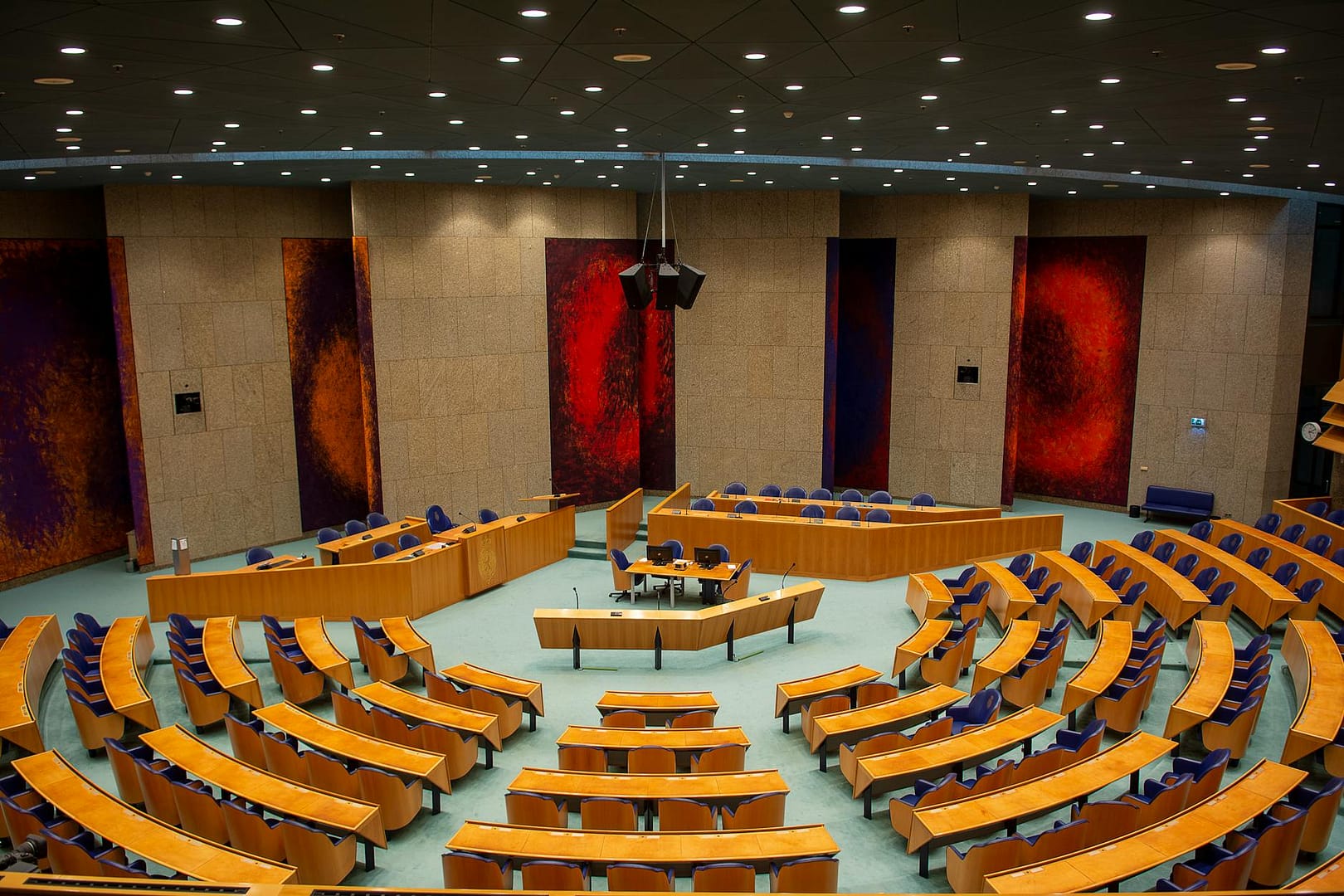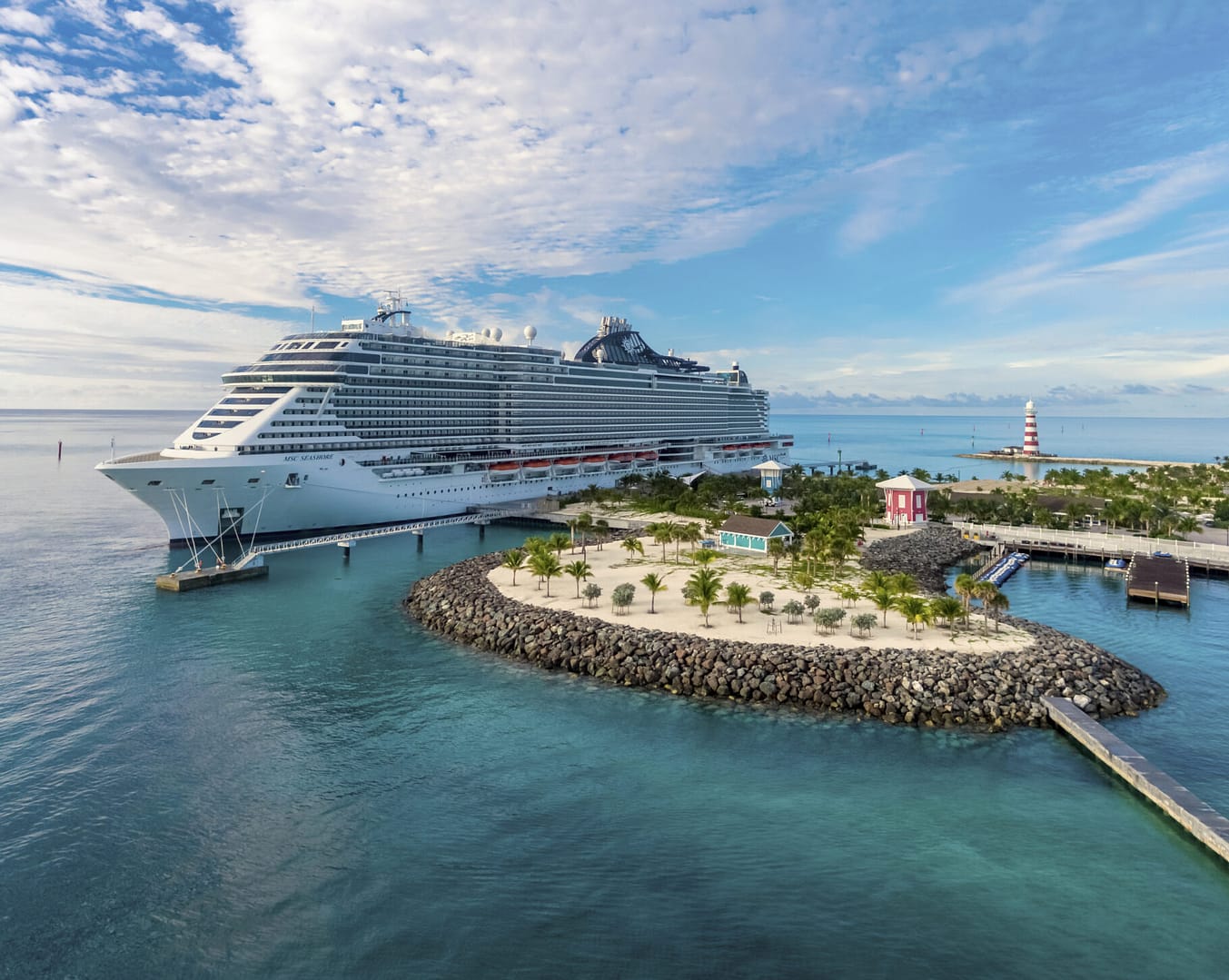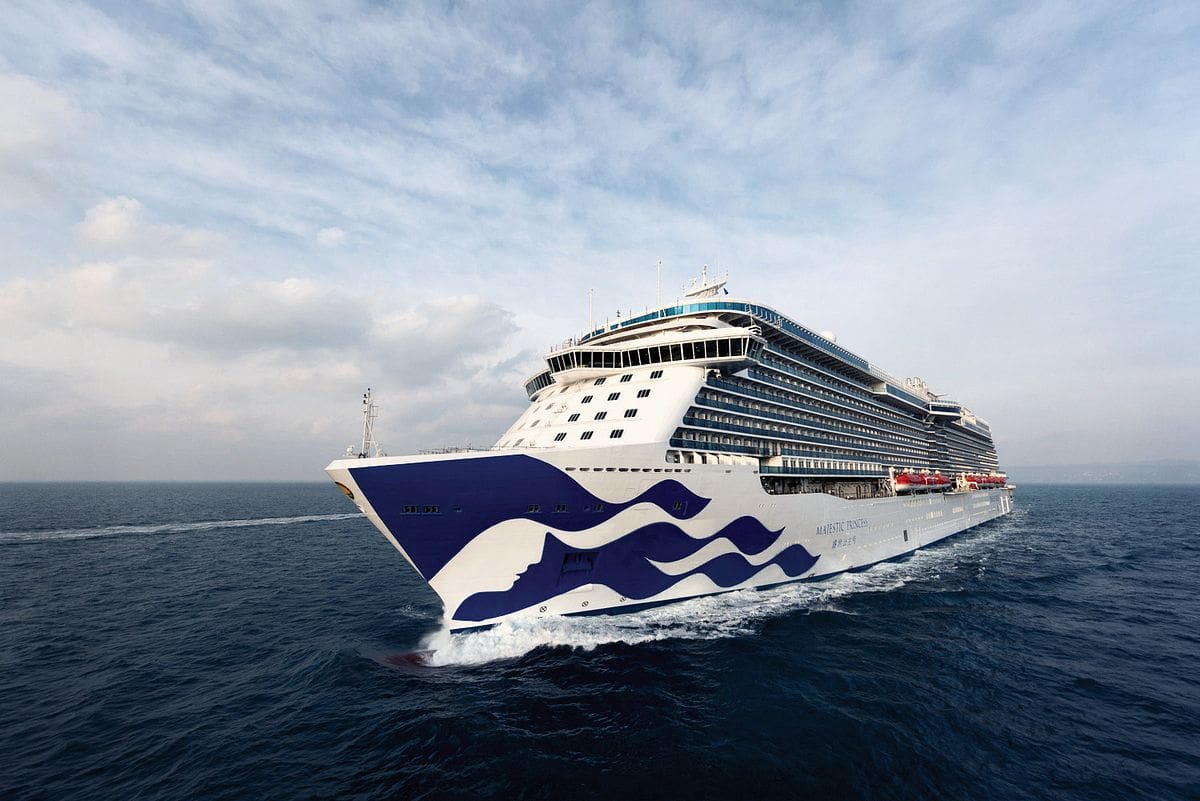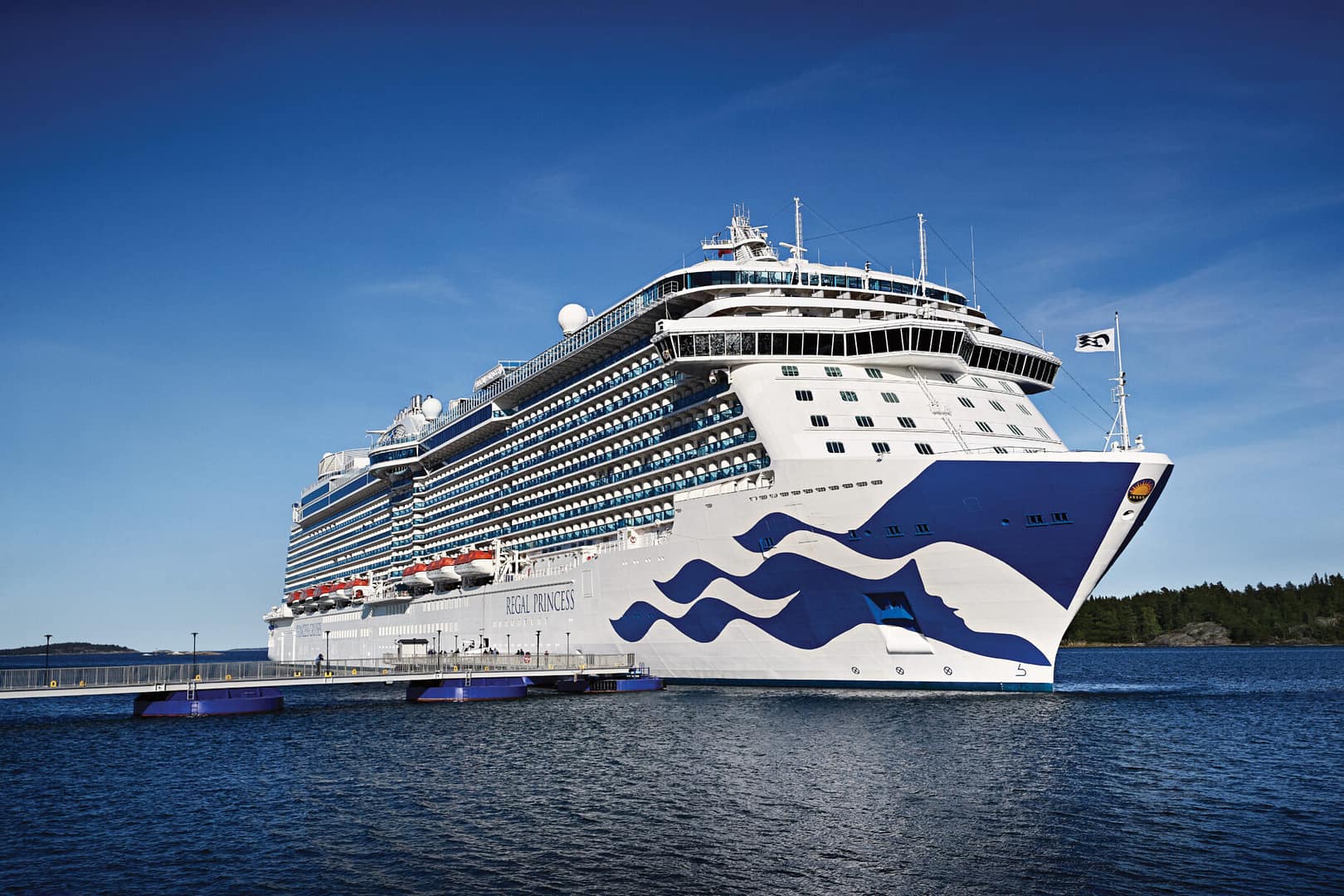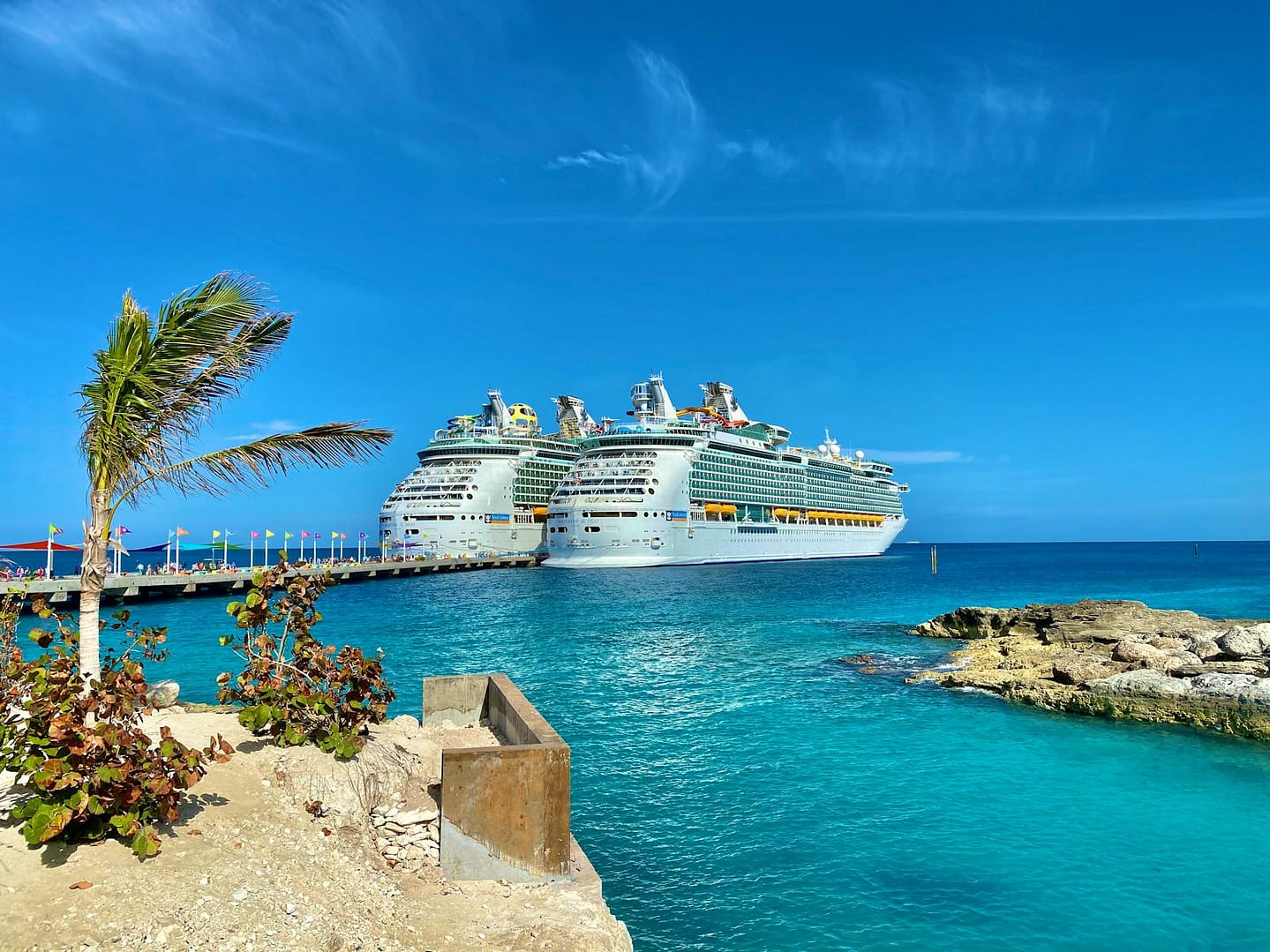Hawaii Lawmakers Advance Green Fee and Cruise Tax Bills Amid Tourism Debate
“Visitation to Hawaiʻi is not a given.” That was the stark warning from the resort industry this week as state lawmakers advanced controversial tax proposals that could reshape the future of tourism in the islands. In a dramatic floor vote, bills to increase the state’s hotel room tax and impose new cruise passenger fees gained preliminary approval.
The proposed “green fee” and cruise taxes are pitched as critical steps toward environmental stewardship and sustainable tourism. But opponents warn that higher costs for visitors could damage Hawaiʻi’s already fragile tourism economy, which saw a 1.9% drop in arrivals last year. The stage is now set for a tense conference committee negotiation — behind closed doors — where final decisions will be made.
Watch it LIVE on Cruise News Central!
Hawaii’s Latest Push to Fund Climate Action
Lawmakers are giving new life to Governor Josh Green’s “green fee” initiative, which aims to raise the hotel room tax to support climate resilience and environmental programs.
Initially, Green proposed a hike in the transient accommodations tax (TAT) from 10.25% to 12%, projecting $180 million in new revenue annually. After pushback, the plan was scaled down to an 11.25% rate, still expected to generate $90 million. The funds would be split: 40% for environmental stewardship, 40% for hazard mitigation, and 20% for sustainable tourism.
While the House and Senate have passed versions of the bill (SB1396), both leave the exact tax rate blank — a detail left to private negotiations in the coming weeks. Environmental groups support the fee, but hotel and resort interests, like Rep. Garner Shimizu, argue that the price hike could deter travelers.
Cruise Ship Tax Sparks Legal Threats from Industry Giants

Another battle brewing is over a proposed tax on cruise passengers. Lawmakers want cruise tourists to pay the same as hotel guests — either a percentage-based tax or a per-person fee. SB1396 proposes applying the TAT to cruise ship cabins, while HB504 suggests a $20-per-passenger fee at each port.
Cruise executives have warned that new taxes could push prices up by $100 or more per guest, making cruises less affordable. They argue these proposals violate the U.S. Constitution’s “Tonnage Clause,” which limits port taxes to actual services rendered. Norwegian’s legal team even hinted at lawsuits if the tax passes, declaring the proposed law “unconstitutional.” Still, lawmakers like Rep. Adrian Tam remain firm: “We’re just asking them to pay their fair share.”
Economic Concerns Loom as Tourism Faces Pricing Pressure
The tension isn’t just legal — it’s economic. Hotel rates in Hawaiʻi have jumped 29% over the past five years, with average nightly rates now at $365. Meanwhile, cruise vacations are becoming an attractive alternative, especially for families seeking lower costs. Critics worry that more taxes could make Hawaiʻi less competitive. With visitor numbers already down and further declines projected, the stakes are high. Supporters counter that protecting Hawaiʻi’s natural beauty — the very thing that draws visitors — must come first. Without investment in the environment, the tourism industry itself could suffer in the long run.
Behind Closed Doors, Crucial Decisions Await
Though both chambers passed their own versions of the bills, the final outcome will be decided in a closed-door conference committee. Here, lawmakers will hash out the details — the actual tax rates, fee structures, and how the funds will be spent. The legislative session ends May 2, but a special session could be called later if needed. Meanwhile, lobbyists from the cruise industry are actively working to influence the final language. If passed and signed into law, the new cruise and hotel taxes would take effect on January 1, 2027. Until then, Hawaiʻi’s future as a top global destination hangs in the balance — and so does its environmental legacy.

